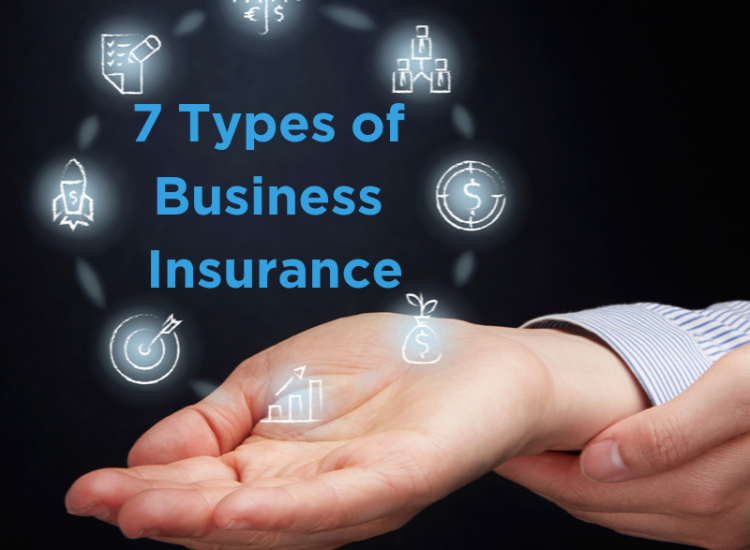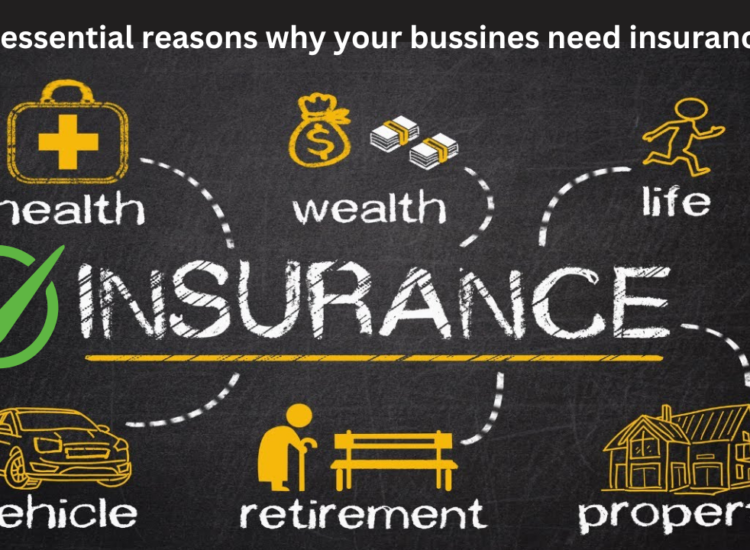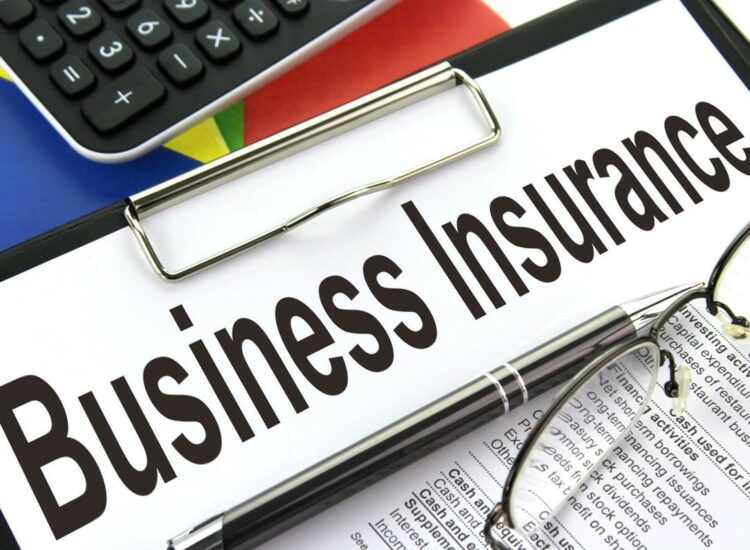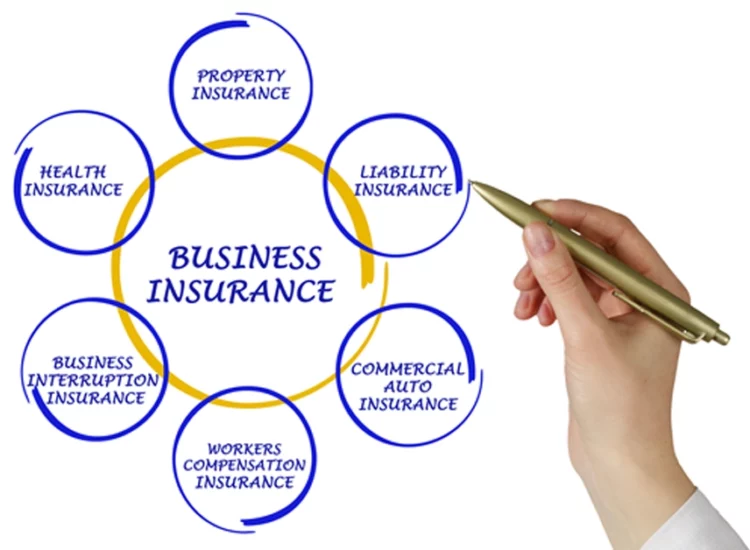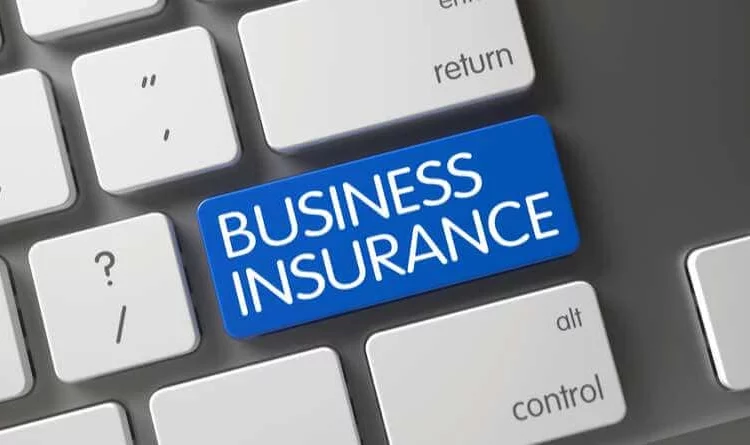Complete Guide to Business Auto Insurance: Protect Your Company Vehicles
For businesses that rely on vehicles for their operations, whether it’s a single car for client visits or an entire fleet for deliveries, having the right insurance coverage is not just a legal necessity, but a fundamental aspect of risk management. While personal auto insurance might seem adequate, it often falls short of providing the necessary protection for vehicles used for business purposes. This in-depth guide will navigate the intricacies of business car insurance, exploring its definition, the critical differences from personal policies, the various types of coverage available, and essential factors to consider when securing the right protection for your business.
Toc
- 1. Understanding the Essentials of Business Car Insurance
- 2. Related articles 01:
- 3. Exploring the Spectrum of Business Car Insurance Coverage Options
- 3.1. Commercial Auto Liability Coverage: Protecting Against Third-Party Claims
- 3.2. Commercial Collision and Comprehensive Coverage: Safeguarding Your Business Vehicles
- 3.3. Hired and Non-Owned Auto Insurance: Covering Vehicles You Don’t Directly Own
- 3.4. Cargo Insurance: Protecting Goods in Transit
- 3.5. Business Interruption Insurance for Vehicles: Minimizing Downtime Costs
- 4. Related articles 02:
- 5. Decoding Business Car Insurance Costs and Strategies for Savings

Understanding the Essentials of Business Car Insurance
Often referred to as commercial auto insurance, business car insurance is specifically designed to cover vehicles owned, leased, or used by a business for work-related activities. Unlike personal auto insurance, which typically covers vehicles used for personal commuting and leisure, business car insurance addresses the unique risks associated with commercial vehicle use. These risks can include more frequent driving, transporting goods or passengers for hire, and the potential for larger liability claims due to business operations.
What Exactly is Business Car Insurance?
At its core, business car insurance is a contract between a business and an insurance provider. In exchange for regular premium payments, the insurance company agrees to financially protect the business against losses arising from the use of its vehicles. This protection can cover a range of incidents, including accidents, theft, and damage to the vehicle or other property. The policy outlines the specific types of coverage, the limits of those coverages, and the circumstances under which the insurance company will pay out a claim.
Why Personal Auto Insurance Isn’t Enough for Business Use
Many business owners might initially consider using their personal auto insurance for vehicles occasionally used for business purposes. However, this can be a risky approach with potentially severe consequences. Personal auto insurance policies typically contain exclusions for commercial use. This means that if an accident occurs while the vehicle is being used for business activities, the personal insurance policy could be deemed invalid, leaving the business to bear the entire financial burden of the damages.
Business car insurance differs from personal auto insurance in several key aspects:
- Coverage Scope: Business policies are designed to cover the specific risks associated with commercial use, which can be more extensive than personal use.
- Liability Limits: Business operations often involve higher potential liability, and commercial policies typically offer higher coverage limits to address these risks.
- Types of Vehicles Covered: Business insurance can cover a wider range of vehicles, including trucks, vans, and other specialized commercial vehicles that may not be covered under a personal policy.
- Number of Drivers: Commercial policies can be tailored to cover multiple drivers who may operate the business’s vehicles.
- Complexity of Claims: Accidents involving commercial vehicles can often lead to more complex legal and financial issues, which business insurance policies are better equipped to handle.
Therefore, it is crucial for any business that uses vehicles for its operations to invest in a dedicated business car insurance policy to ensure adequate protection.
Exploring the Spectrum of Business Car Insurance Coverage Options
Just like personal auto insurance, business car insurance offers a variety of coverage options that businesses can tailor to their specific needs and the nature of their operations. Understanding these different types of coverage is essential for building a comprehensive insurance plan.
Commercial Auto Liability Coverage: Protecting Against Third-Party Claims
Commercial auto liability coverage is the cornerstone of any business car insurance policy. It provides protection if the business or its employees are found legally responsible for bodily injury or property damage caused to a third party in an accident involving a company vehicle. This coverage typically includes:
- Bodily Injury Liability: This helps cover the costs associated with injuries sustained by others in an accident caused by the business or its driver. This can include medical expenses, lost wages, and pain and suffering.
- Property Damage Liability: This helps cover the costs of repairing or replacing property damaged by the business or its driver, such as another vehicle, a building, or other structures.
Most states have minimum liability coverage requirements, but businesses should carefully consider their potential risks and opt for higher limits if necessary to adequately protect their assets.
Commercial Collision and Comprehensive Coverage: Safeguarding Your Business Vehicles
While liability coverage protects others, commercial collision and comprehensive coverage are designed to protect your business’s own vehicles.
- Commercial Collision Coverage: This coverage helps pay for the repair or replacement of your business vehicle if it’s damaged in a collision with another vehicle or object, regardless of who was at fault. It typically includes a deductible, which is the amount the business will need to pay out-of-pocket before the insurance coverage kicks in.
- Commercial Comprehensive Coverage: This coverage provides protection against damage to your business vehicle caused by non-collision events. This can include theft, vandalism, fire, natural disasters (such as hail or floods), and damage from falling objects or animals. Like collision coverage, comprehensive coverage often has a deductible.
Whether your business needs collision and comprehensive coverage depends on factors like the value of your vehicles and your financial ability to absorb the cost of repairs or replacement.
Hired and Non-Owned Auto Insurance: Covering Vehicles You Don’t Directly Own
Businesses often face situations where employees use their personal vehicles for company business or when the business rents or borrows vehicles. In these cases, hired and non-owned auto insurance provides crucial liability protection.
- Hired Auto Insurance: This coverage applies to vehicles that your business leases, rents, or borrows. It provides liability coverage for accidents caused by these vehicles while being used for business purposes.
- Non-Owned Auto Insurance: This coverage provides liability protection when employees use their personal vehicles for company business. It typically kicks in after the employee’s personal auto insurance has been exhausted.
This type of coverage is essential for businesses to protect themselves from liability arising from the use of vehicles they don’t directly own.
Cargo Insurance: Protecting Goods in Transit
For businesses that transport goods as part of their operations, cargo insurance is a vital coverage option. It protects the business against financial losses if the cargo being transported is damaged, lost, or stolen during transit. The specific types of perils covered can vary depending on the policy, but it often includes damage from accidents, weather conditions, loading and unloading, and theft. The type and value of the goods being transported will influence the cost and coverage limits of cargo insurance.
Business Interruption Insurance for Vehicles: Minimizing Downtime Costs
While standard business car insurance policies cover physical damage to vehicles and liability for accidents, they may not cover the financial losses your business incurs if a vehicle is out of service due to a covered loss. Business interruption insurance, sometimes available as an add-on to a commercial auto policy, can help cover these losses. This type of coverage can help with expenses like lost revenue and the cost of renting temporary replacement vehicles, ensuring that your business can continue to operate even when a key vehicle is unavailable.
Decoding Business Car Insurance Costs and Strategies for Savings
The cost of business car insurance can vary significantly depending on a multitude of factors. Understanding these factors is crucial for businesses to not only budget for this expense but also to identify potential strategies for lowering their premiums.

Key Factors Influencing Business Car Insurance Premiums
Insurance companies assess the risk associated with insuring a business vehicle based on several key factors:
- Type of Business: The nature of your business operations plays a significant role. Businesses involved in higher-risk activities, such as transportation of hazardous materials or operation of large commercial trucks, will typically face higher premiums.
- Vehicle Type and Usage: The make, model, and age of the vehicles being insured, as well as how they are used (e.g., deliveries, passenger transport, service calls), will impact the cost. Vehicles with higher values or those used more frequently may have higher premiums.
- Number of Drivers and Driving Records: The number of drivers covered under the policy and their individual driving histories are critical factors. A history of accidents or traffic violations among the drivers will likely lead to higher premiums.
- Location: Similar to personal auto insurance, the geographic location where the business operates and where the vehicles are primarily used can affect the cost. Areas with higher rates of accidents, theft, or vandalism may have higher premiums.
- Coverage Limits and Deductibles: The level of coverage you choose and the deductible amounts you select will directly influence your premium. Higher coverage limits and lower deductibles generally result in higher costs.
- Business Claims History: If your business has a history of past insurance claims, this can indicate a higher risk to insurers and may lead to increased premiums.
- Safety Features and Training: Implementing safety measures, such as installing anti-theft devices or providing driver safety training, may potentially lead to discounts.
- Credit History (in some states): In some jurisdictions, the business’s credit history can be a factor in determining insurance rates.
Tips for Lowering Your Business Car Insurance Costs
While some factors influencing business car insurance costs are beyond your control, there are several strategies businesses can employ to potentially lower their premiums:
- Shop Around and Compare Quotes: Get quotes from multiple insurance providers to ensure you are getting the most competitive rates for the coverage you need.
- Bundle Policies: If your business has other insurance needs, such as commercial property or general liability, consider bundling these policies with the same insurer to potentially receive a discount.
- Increase Deductibles: Opting for higher deductibles can lower your premium, but ensure you are comfortable paying that amount out-of-pocket in the event of a claim.
- Improve Driver Safety: Implement a strong driver safety program, including regular training and monitoring of driving records, to potentially qualify for discounts and reduce the likelihood of accidents.
- Maintain a Clean Driving Record: Encourage drivers to maintain clean driving records, as accidents and violations can significantly increase premiums.
- Install Safety and Security Features: Equipping your vehicles with safety features like anti-lock brakes and airbags, as well as security features like alarms and GPS tracking, can sometimes lead to discounts.
- Review Your Coverage Regularly: Periodically review your insurance needs and coverage limits to ensure they still align with your business operations. You may be able to reduce coverage if your risks have decreased.
- Consider Usage-Based Insurance: Some insurers offer usage-based insurance programs that track vehicle usage and driving behavior, potentially rewarding businesses with lower premiums for safe driving habits and lower mileage.
- Pay Annually: If possible, paying your insurance premium annually instead of monthly can sometimes result in a small discount.
Choosing the Right Business Car Insurance Policy: A Step-by-Step Approach
Selecting the appropriate business car insurance policy requires a thoughtful and informed approach. Here are some steps to guide you through the process:
- Assess Your Business Needs: Carefully evaluate the types of vehicles your business uses, how they are used, the number of drivers, and the potential risks involved in your operations.
- Determine Necessary Coverage: Based on your risk assessment, identify the types and levels of coverage your business needs. Consider both mandatory and optional coverages.
- Research Insurance Providers: Look for reputable insurance companies that specialize in commercial auto insurance and have a strong track record of customer service and claims handling.
- Obtain Multiple Quotes: Request quotes from several different insurance providers, providing them with accurate information about your business and vehicles.
- Compare Coverage and Costs: Carefully compare the coverage options, limits, deductibles, and premiums offered by each insurer. Ensure you are comparing comparable policies.
- Review Policy Details: Before making a decision, thoroughly review the policy documents, including any exclusions or limitations in coverage.
- Consult with an Insurance Professional: If you have any questions or need assistance in determining the right coverage for your business, don’t hesitate to consult with an experienced insurance agent or broker who specializes in commercial auto insurance.
- Review and Update Regularly: Your business needs may change over time, so it’s essential to review your insurance policy periodically and make any necessary adjustments.
By following these steps, businesses can secure business car insurance coverage that adequately protects their assets and ensures they are prepared for the unexpected events that can occur on the road. Investing in the right insurance is a crucial step in mitigating financial risks and ensuring the long-term success and stability of your business.

